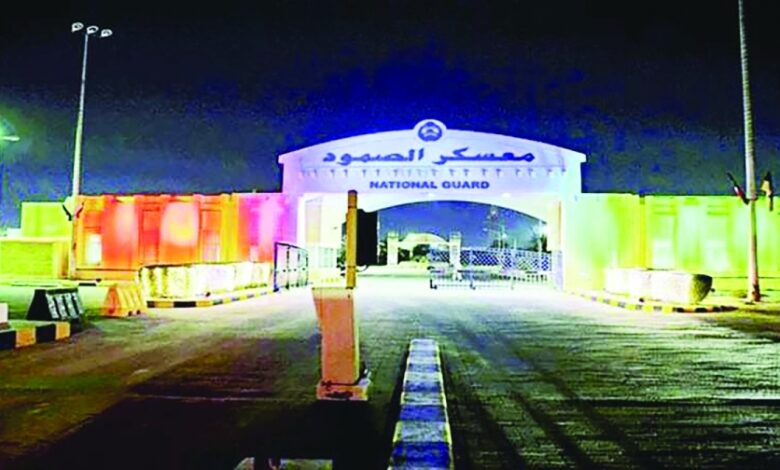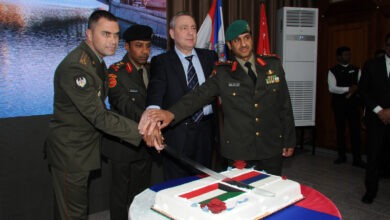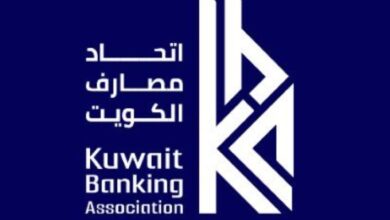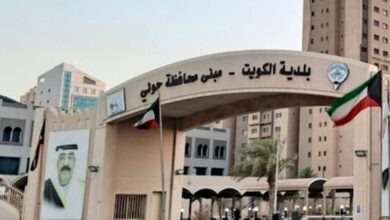Kuwait marks 35 years of the Iraqi invasion with pride, remembrance, and tribute to heroism
Al-Samoud Camp: A symbol of resistance remembered on invasion anniversary; National Guard’s heroic stand recalled

Today, Kuwait solemnly commemorates the 35th anniversary of the brutal Iraqi invasion on August 2, 1990—a date that remains etched in the nation’s collective memory as a time of hardship, resilience, and unity. While the invasion brought pain and destruction, it also revealed the unwavering strength of Kuwait’s political leadership and its people’s unbreakable will.
This historic day, remembered each year with solemn respect, reflects both the tragedy of aggression and the triumph of a nation’s spirit. It serves as a testament to Kuwait’s ability to rise above adversity, showing the world a rare example of unity, transcendence, and tolerance, reports Al-Rai daily.
Central to the nation’s defense was the National Guard, known as the “Green Army.” Their courage and sacrifice during the first hours of the invasion have become legendary. These men faced the enemy’s war machine head-on and, despite limited resources, formed a vital line of resistance. Their heroic stand, particularly at Al-Mubarakiya’s Al-Samoud (Steadfastness) Camp, became a defining chapter in Kuwait’s history.
The Battle of Al-Samoud Camp remains a symbol of sacrifice and resistance. The camp’s defenders fought valiantly, refusing to surrender, even as they were outnumbered and outgunned. Many fell as martyrs, while others were wounded or captured—but their resistance helped ignite the national liberation effort that followed. The name “Al-Samoud” has since come to represent national pride, resilience, and unshakable loyalty.
To mark the anniversary, the National Guard’s Moral Guidance Directorate released a special documentary featuring firsthand testimonies from soldiers who stood at the frontlines. These stories, shared for the first time in over three decades, capture the essence of sacrifice and valor that continue to inspire generations.
Lieutenant General Hashem Al-Rifai, Deputy Director of the National Guard, described the events of August 2 as a defining moment not only in Kuwait’s history but in the conscience of the world. He recalled how the National Guard camps, including Al-Mubarakiya, were among the first targets of the invading forces, yet the defenders refused to abandon their posts.
“The blood of our martyrs was not shed in vain,” Al-Rifai said. “It became the fuel that drove our liberation and the restoration of Kuwait’s dignity.”
Today, Al-Samoud Camp stands not just as a military site, but as a national landmark—an enduring symbol of honor, sacrifice, and the defense of sovereignty. Its legacy continues to live in the hearts of Kuwaitis as a beacon of strength and patriotism.












